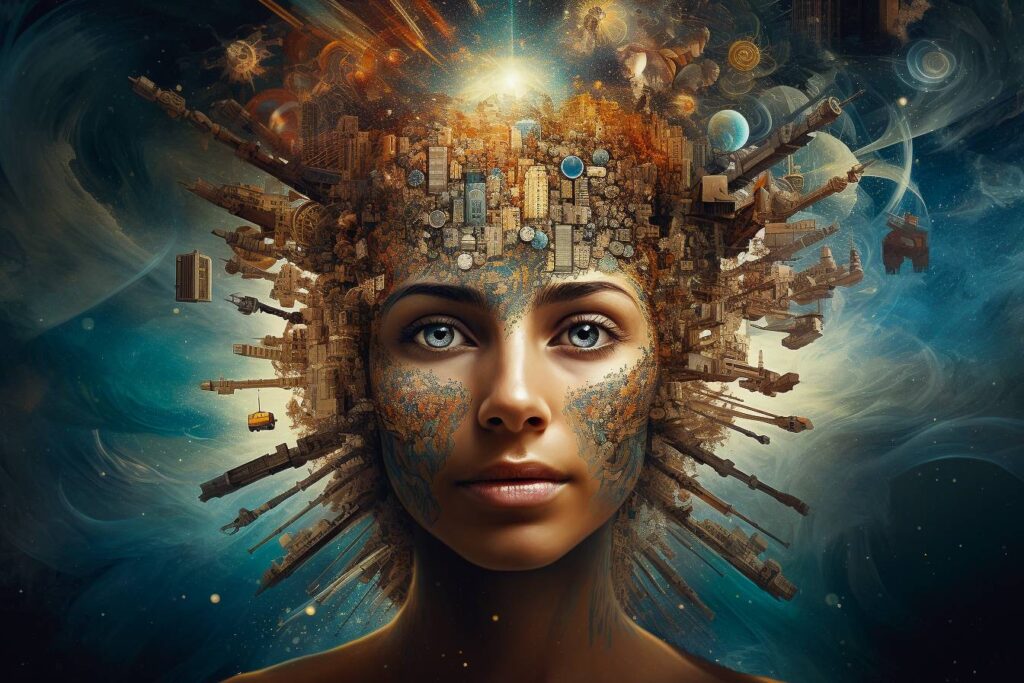A person’s identity cannot be described in a single sentence, and identity is a variable that changes over a person’s lifetime. It all starts with family influences, complemented by the cultural and social environment. As individuals pass through different stages of life, they encounter new experiences that lead to a clearer understanding of their values, beliefs and priorities.
The influence of culture and society plays a crucial role in shaping a person’s identity. Submission to cultural norms, traditions and societal expectations contributes to an individual’s informed self-understanding. Language, tradition and social roles become an integral part of identity.
The pursuit of meaning and purpose is at the core of human identity. Individuals seek to balance their actions with an inner sense of purpose derived from personal values, ethical principles or spiritual beliefs. This not only shapes personal identity but also influences individuals contribution to the development of society.
Friendships, romantic relationships or family ties contribute to a person’s identity. Through these communication channels, individuals learn more about themselves, develop empathy and build a sense of belonging. Relationships challenge and transform identity, fostering personal growth.
The fluid nature of human identity allows for adaptation and transformation over time. Life changes, such as career changes, personal achievements or failures, encourage people to reassess their values and priorities.




